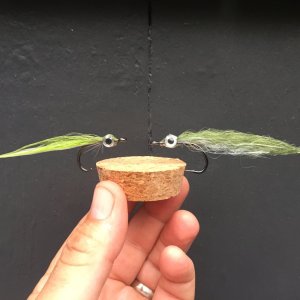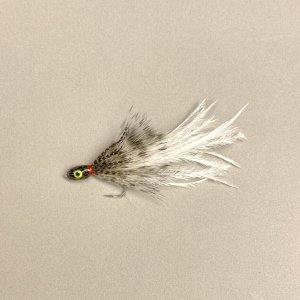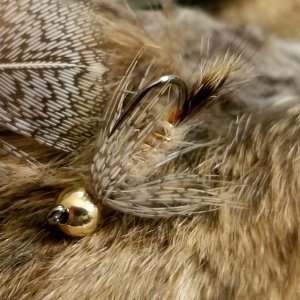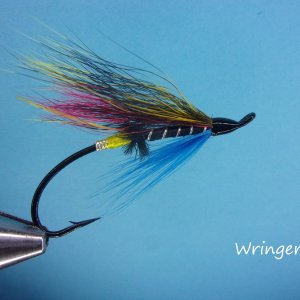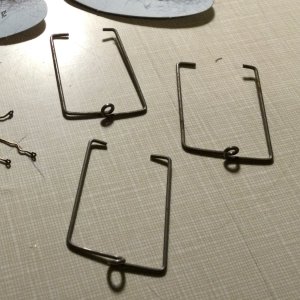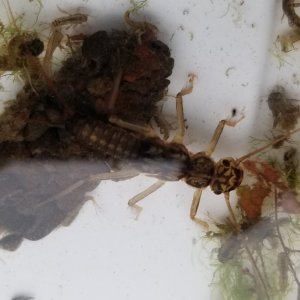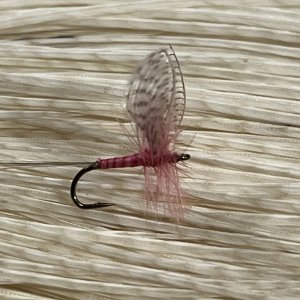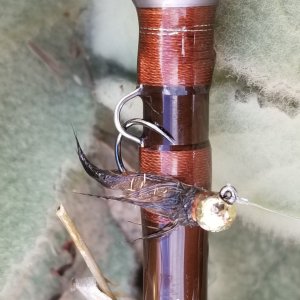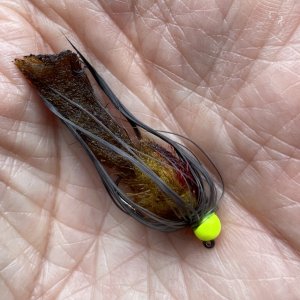wanderingrichard
Life of the Party
But, it is:
KOMO News: Authorities looking for the person or people responsible for unlawful disposal of salmon.

 komonews.com
komonews.com
KOMO News: Authorities looking for the person or people responsible for unlawful disposal of salmon.

Authorities looking for person or people responsible for unlawful disposal of salmon
Authorities were called to a large dump site of dead salmon near Exit 51 on I-84On November 2, 2022, at about 3:45 P.M., a Trooper responded to a call of a larg


